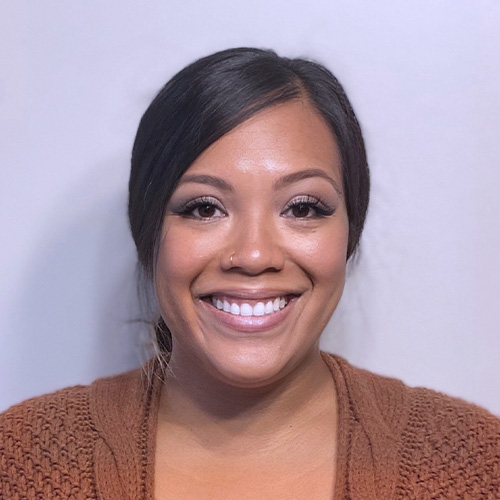ANESTHESIA TECHNOLOGIST
Embark on a career that combines technology with patient care in our Anesthesia Technologist program. This essential role supports anesthesiologists in managing and monitoring patient pain during procedures. Our courses cover medical terminology, pharmacology, EKG analysis, and the operation of anesthesia equipment. Gain real-world experience through clinical practice at local hospitals, setting the stage for an Associate of Applied Science-Transfer Degree (AAS-T) in Anesthesia Technology.
CONTACT US
Talk to us about the Anesthesia Technologist program at RTC.
ENTRY ADVISING
Email: advising@rtc.edu
Phone: (425) 235-5840
LANCE ARNOLD
Full-time Faculty - Anesthesia Technologist
Email: lgarnold@rtc.edu
Phone: (425) 235-5758
Degrees & Certificates
Associate of Applied Science
This program provides entry-level training leading to an Associate of Applied Science-Transfer Degree (AAS-T). Curriculum is based on the American Society of Anesthesia Technologists and Technicians (ASATT) standards and guidelines. Course work includes the following: medical terminology, pharmacology, EKG analysis, anesthesia equipment principles and applications, and general medical knowledge. Included in the program are intensive clinical experiences in local area hospitals.
Enrollment Point: Winter
Program Details and CostJob Market Outlook
Learn more about the program.
OTHER INFORMATION
ASATT (The American Society of Anesthesia Technologists and Technicians)
To be admitted to the Anesthesia Technologist Program, a prospective student must meet the following requirements:
- Minimum age: 18 years by the beginning of the fifth quarter
- (High School student or) High School Diploma/GED (or equivalent) at time of enrollment
Upon invitation and acceptance to the Anesthesia Technologist Program, students must provide confirmation of an account established with CastleBranch.com and pass a nationwide criminal background check (Crimes Against Persons list).
- Castlebranch website
- Package code: RR65
- Cost: $113.99 (do not create an account prior to invitation and registration to the program)
Screening and Tracking Requirements
After invitation to the program, students must meet vaccination and program-specific health requirements in compliance with the Center for Disease Control Healthcare Provider immunization guidelines, including the submission of original lab results, x-ray reports and immunization records, which must be dated and signed by their healthcare provider.
*Vaccinations must be current while on externships
- Annual Tuberculosis skin test. TB tests must show as current through the entire clinical experience at the time of onboarding. Renewal may be required before one year.
- Annual seasonal Influenza vaccine
- Tetanus, Diphtheria, and Pertussis (Tdap) vaccine within last 10 years
- Hepatitis B vaccine (series of three vaccines and immunity titer)
- Measles, Mumps and Rubella vaccine (two vaccines or proof of immunity titer)
- Varicella vaccine (two vaccines or proof of immunity titer)
- Annual background check through CastleBranch.com
- Personal health insurance upon entry and for the duration of the program
- Although the COVID vaccination is not currently a program admission requirement, our clinical partners may require a student to provide proof of being fully vaccinated against COVID. Clinical placements may be unavailable for students who are not fully immunized.
- Current (within one year) physical evaluation by a physician or nurse practitioner
to ensure student and patient safety. The evaluation should address the following
areas in respect to the student's ability to perform the laboratory skills and clinical
responsibilities related to becoming an Anesthesia Technologist:
- Ability to lift a minimum of 50 pounds and to reach overhead
- Ability to stand or walk for long periods
- Absence of chronic skin conditions on hands and arms
- The students should be informed that Health Insurance is required to participate in the clinical placement process.
- COVID Vaccination is required for clinical placement and although RTC accepts religious exemptions, clinical sites do not. If you are seeking a religious exemption, clinical sites will not except these, therefore students that choose to enroll will not be able to successful complete the program chosen.


